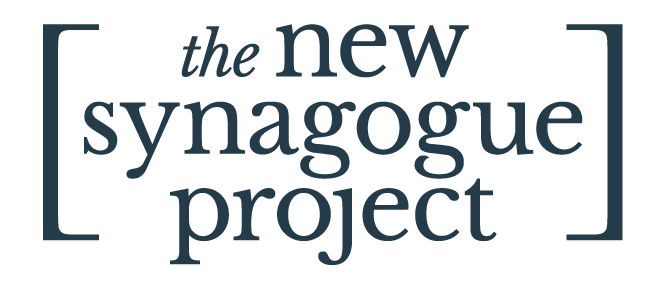Our Friday night Shabbat services happen twice a month and are full of song, prayer, meditation, poetry, and a d’var Torah, and followed by a community potluck dinner.
We use the Siddur Chaveirim Kol Yisraeil prayer book, which includes complete transliterations, gender-neutral translations of traditional liturgy, and explanations, interpretations, and alternatives in the margins. Most prayers are in Hebrew, but many songs are sung in English and occasionally in Yiddish, Ladino, and other languages. Song lyrics that aren’t in the prayer book are included in printouts, and song leaders teach new melodies. Leaders always announce page numbers in the prayer book as we go to ensure everyone can follow along.
Our services include a mix of traditional and contemporary melodies, and we are in the process of incorporating more Sephardi and Mizrahi melodies as well. Check out our SoundCloud to start getting familiar with the tunes we sing during Shabbat services!
Our community’s practice regarding Carlebach melodies
We try to avoid songs written by Shlomo Carlebach, who was a sexual predator in the Jewish community. Our service leaders do their best to ensure that the melodies we sing during services are not Carlebach melodies.
However, it’s likely that sometimes we will inadvertently sing Carlebach songs, because he wrote many tunes that liberal Jewish communities have been singing for decades, and we do not always know the origins of the songs we sing.
At a tisch/community singing circle, if a person introduces a song as a Carlebach tune, the tisch leader will explain our norm of avoiding Carlebach’s music and suggest that we sing a different song. If a tisch participant recognizes the tune as having been written by Carlebach after the song has been taught and the group is singing it, we encourage them to share their understanding at the conclusion of the song so that we all have the opportunity to learn that this is a tune we should avoid in the future. In these cases, as in all other moments of learning as a community, we encourage a spirit of generosity and assuming best intentions as we work to help one another understand the history of the songs we sing and how we can best create a community of healing, safety, and justice for women and people of all genders.
For more context about our decision to avoid Carlebach songs, here’s an informative article: https://forward.com/opinion/389082/its-time-to-stop-singing-shlomo-carlebachs-songs/
